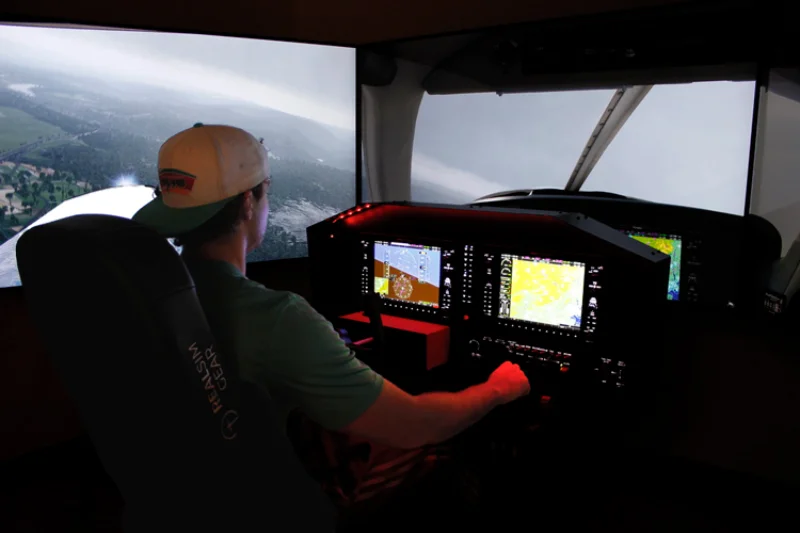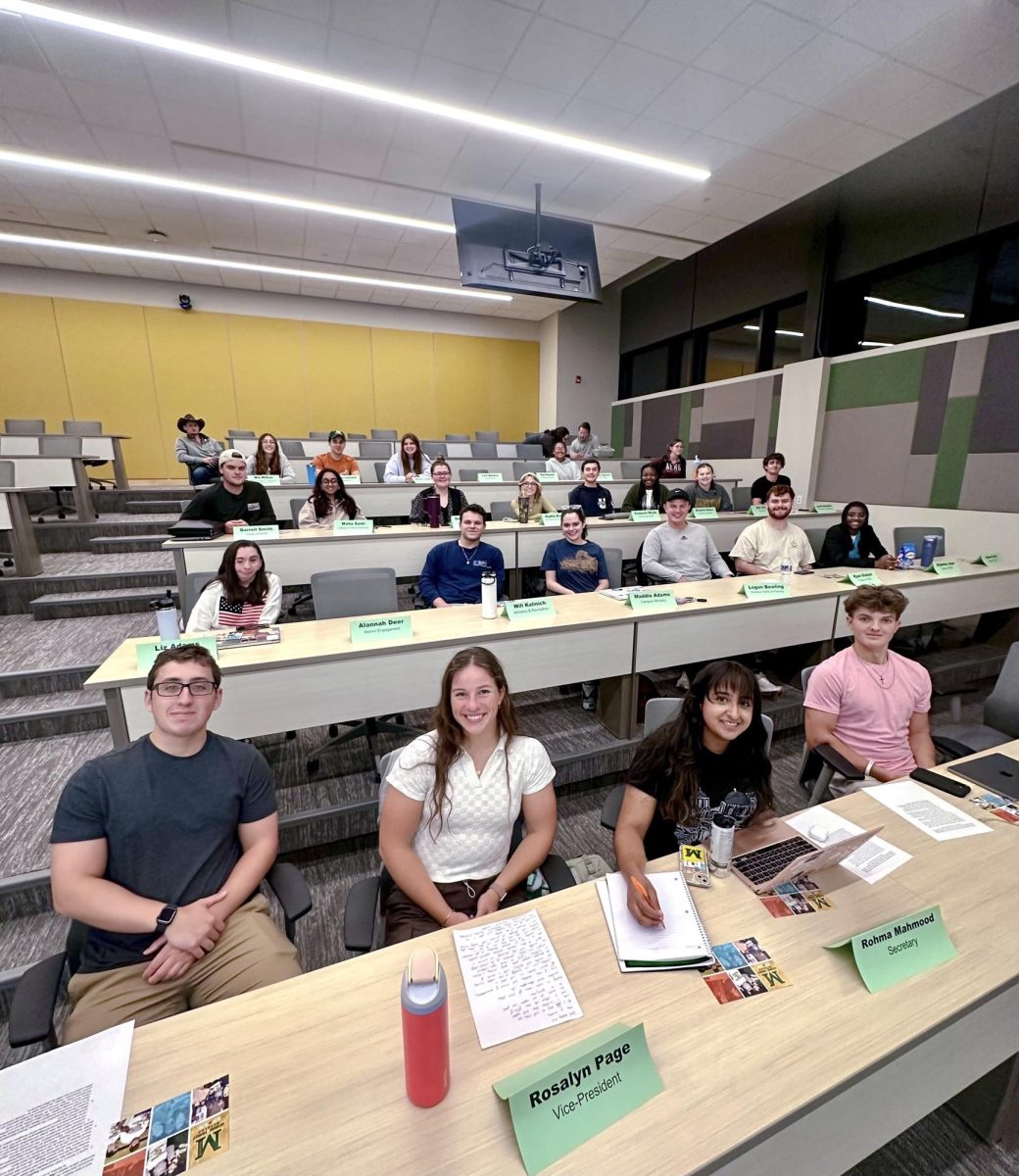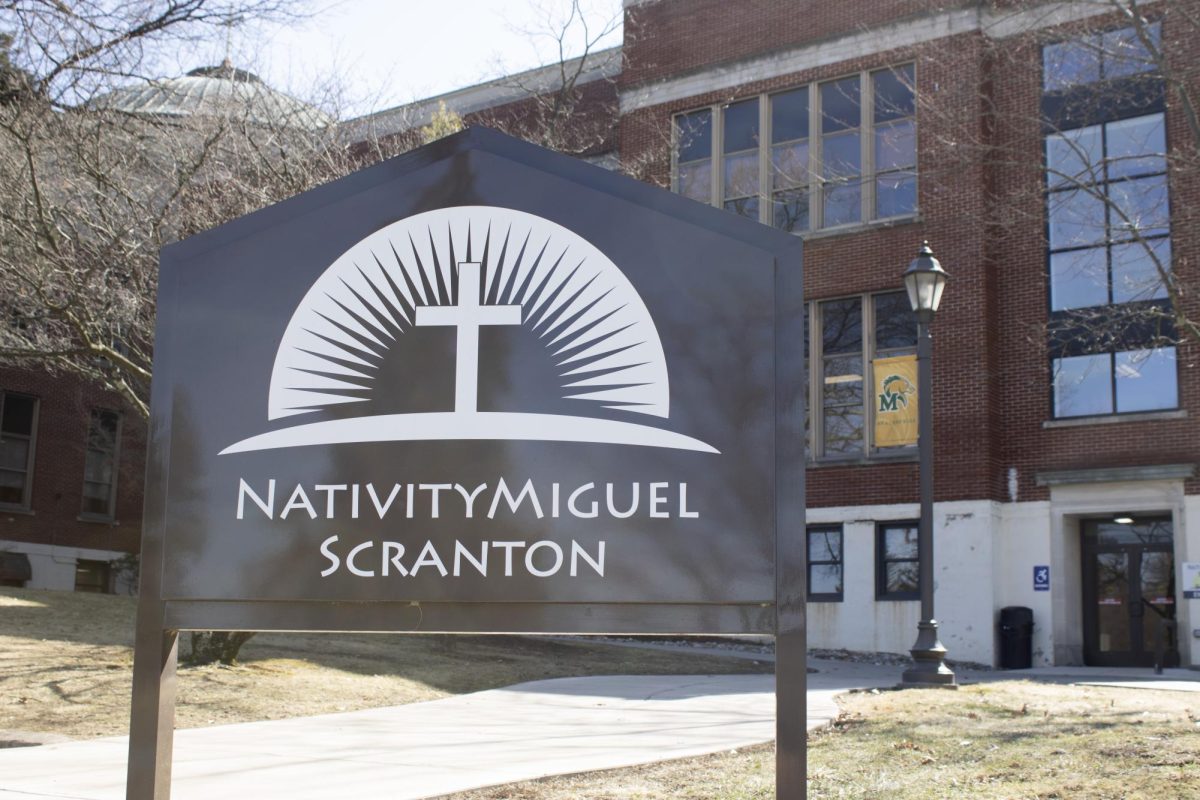By Katie Fox
Staff Writer
In July 2008, I traveled to Santiago, Chile to begin training as a volunteer English as a Foreign Language instructor. The training, in-country placement, and host family accommodations, were coordinated by the Chilean National Ministry of Education, so I learned very quickly that business was run differently in Chile than I had been accustomed to here in the United States. Luckily, I was “warned” by former volunteer teachers that processes were deliberate and most information would be conveyed to me at the very last minute. I was not surprised to receive my city and host family placement the evening before my departure from Philadelphia.
After training in Santiago, I traveled to the southernmost region of the country, Region XII, known as Magallanes and Chilean Antarctica. I was paired with a volunteer from Pittsburgh, James, in the small city of Porvenir on the island of Tierra del Fuego. The only ways to reach our tiny town were by a 3-hour ferry ride across the choppy Strait of Magellan or a 15-minute flight in the smallest airplane I have ever seen. Neither option was particularly appealing to me, but the government officials had arranged for us to fly to Porvenir. Since James was the first passenger to board, he received the privilege of sitting in the copilot seat! It was a white-knuckle ride as the strong channel winds shook the plane from take-off to landing, and I quickly understood why tourists do not often visit Porvenir: getting to the island can be quite terrifying!
My experiences living and working with the people of Porvenir could not have been more wonderful. While it took some time to adjust to new perspectives and ways of life, I quickly came to appreciate the relaxed attitudes of Chileans at work and at home. I taught grades 1-8 at a small private primary school on the island. During our training in Santiago, instructors cautioned us to prepare to deal with extreme behavioral issues and lack of discipline in our schools. My experience at Colegio Maria Auxiliadora could not have been more different than what I had anticipated based on this warning. The students welcomed me with open arms and were enthusiastically curious about life in the United States, my family, my education, and whether I personally knew the Jonas Brothers or Miley Cyrus. In general, my students behaved very well and put forth great effort to improve their English speaking and writing skills.
My host family immediately embraced me, and my Chilean parents treated me like their own daughter. We shared great times enjoying barbeques, birthday parties, karaoke (a Chilean favorite, especially US hits from the 1980s) with our friends and neighbors. The entire community opened its doors to two American volunteers. James and I received many invitations to share “onces” (evening tea and toast) with families in Porvenir.
The most memorable tea time was in the home of Marisol, the elderly mother of a teacher at the high school. She served us toast with her homemade rhubarb jam and was the only person to really discuss with us the 1973 military coup and subsequent dictatorship of Augusto Pinochet. While I had studied these events in Latin American history courses, I had always imagined the oppression, government curfews, censorship, and detainment and torture of political opponents to have occurred in larger cities prone to political unrest. But there sat Marisol, describing the military occupation of this tiny, sleepy, isolated town. She told us about the day she saw her neighbor dragged down the street by a group of soldiers, and that her neighbor was never seen again.
I wondered how a generation that included Marisol, my host parents, and many of my coworkers could live such a joyful and hopeful life after experiencing a brutal, torturous, murdering government administration that ruled for nearly 20 years. Marisol explained that Chileans are a people who have become accustomed to persevering even in the direst situations. Living in constant fear brought communities together, and the unifying bonds formed during the tough times remained strong after a new administration brought peace and justice in 1990. Marisol assured me that after surviving such an ordeal, the Chilean people were prepared for anything.
I recalled these words shortly after learning about the magnitude 8.8 earthquake that struck off the coast of central Chile on February 27, 2010. I immediately sent emails to all of my closest friends and family in various parts of Chile. While I had lived in the far from the epicenter, in the south of the country, I knew that many students and friends had moved north in the past year, so I was very worried for their safety. Power outages affecting nearly 80% of the country prevented me from receiving news from anyone for a few days, but the memory of Marisol’s strong words left me with little doubt that the country and its people would persevere.
Thankfully, many buildings in the affected regions were constructed to resist crumbling during earthquakes. Because of its location along major fault and plate lines, new construction codes were implemented to minimize collapsing during tremors. Without these codes, the damage could have been much more devastating.
However, hundreds of people died as a result of the quake. The Chilean government estimates that roughly 500,000 homes and buildings were completely destroyed. Countless others were injured and struggled to reach medical care due to collapsed bridges and hospitals. The Chilean government responded immediately by deploying military support and medical services. International aid has begun to trickle into the country.
It will take years to rebuild that which was destroyed in 90 seconds. The people of Chile are proud and resilient, but that does not mean the country can survive without global support. In times like these, we are all called into action…even if that action is simply a silent prayer for peace and recovery in the beautiful nation of Chile.









